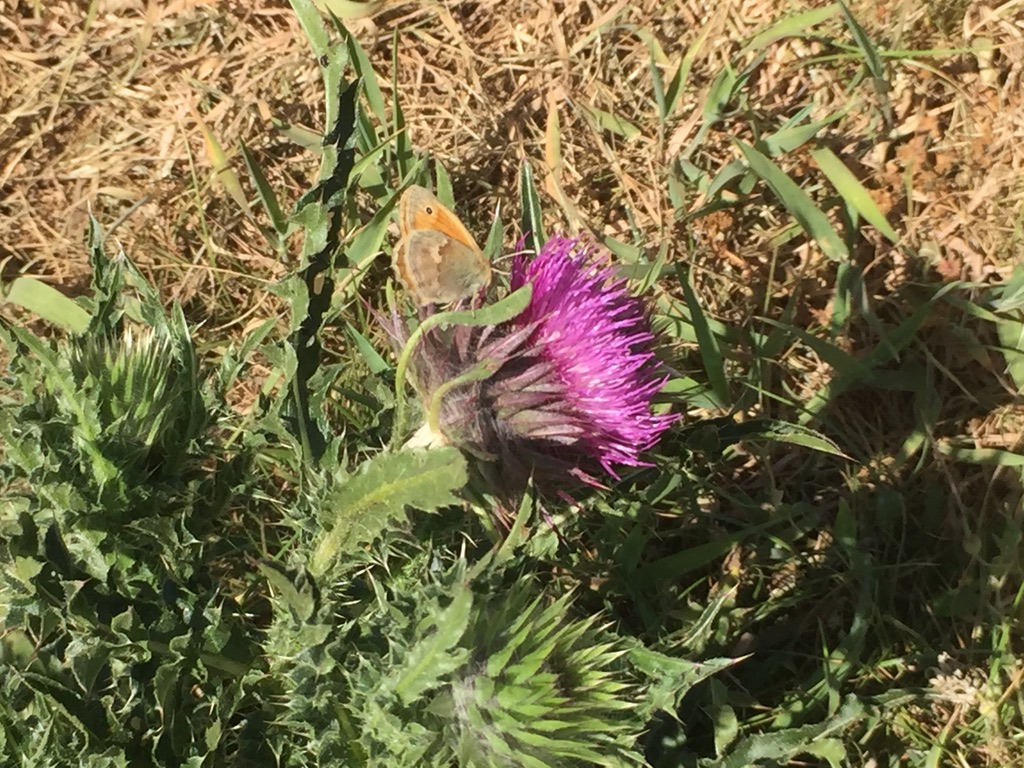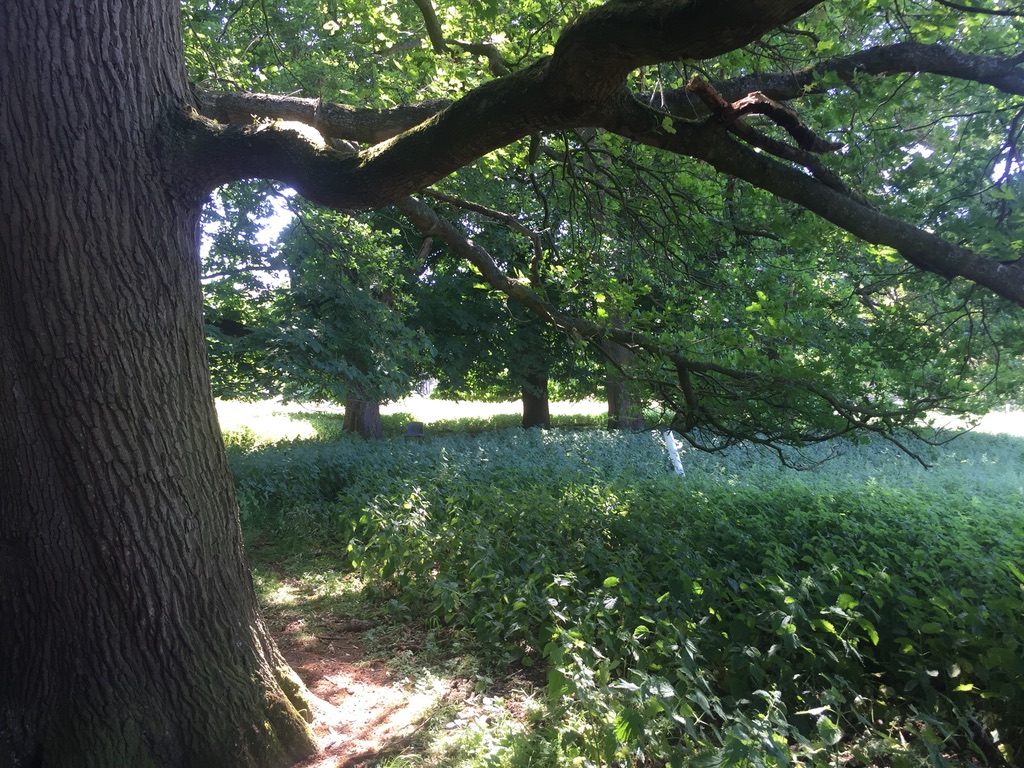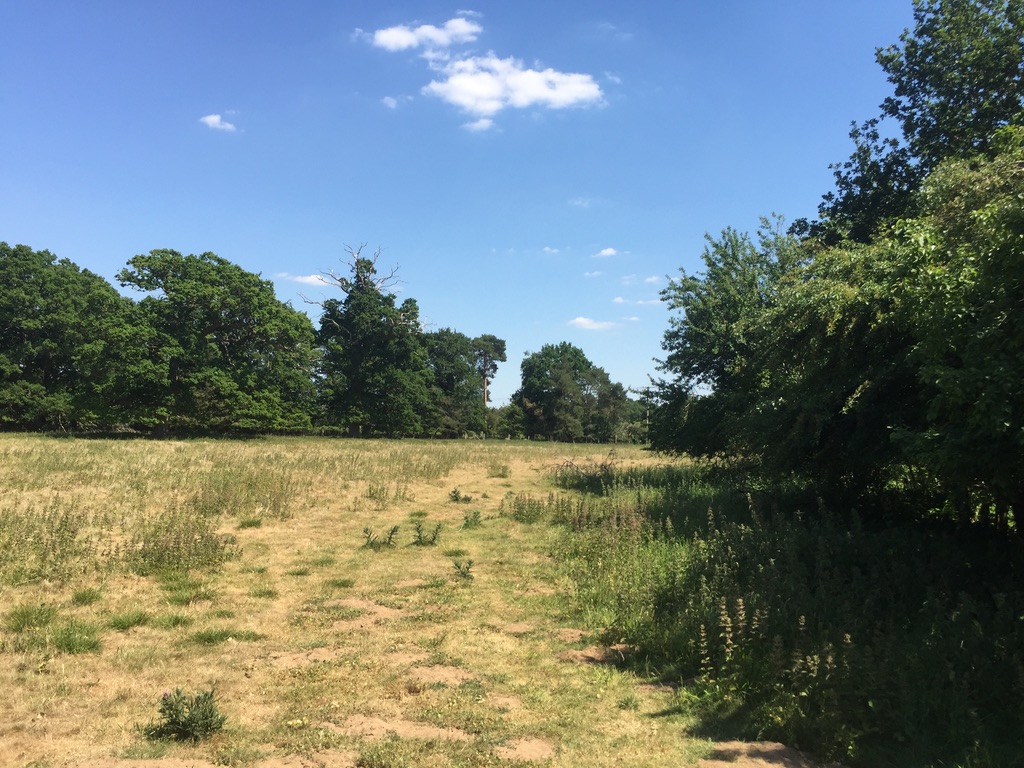Research
WildCRU Wilding
Wilding, or rewilding, is a conservation approach that aims to restore and protect nature and natural processes, often at a landscape scale. Recently, the concept of smaller-scale wilding has become highly topical. Letting nature take its course, with minimal intervention, on parcels of land, may create networks of wildlife-rich areas, foster the natural regeneration of scrub and woodland, and help deliver ecosystem services such as carbon sequestration and healthy soil. Yet information on the ecological processes and practical challenges at this scale is lacking.
The Tubney Estate, where WildCRU is based, offers a unique and exciting opportunity for a new wilding initiative. The estate comprises around 75 acres of poor, mostly sheep-grazed, agricultural land which surrounds Tubney House. We are planning to release the land from grazing pressure and allow natural successional processes to take over, and we will monitor how the plant and animal communities change over time. In the absence of interventions, we would expect more structurally diverse and species rich grassland to develop quite rapidly (benefiting pollinators and other invertebrates) and, in coming years, woody scrub to emerge (benefiting birds and reptiles) and trees to naturally regenerate. We will retain the perimeter fence to allow introduction of grazing animals if, in the long-term, we wish to maintain a mix of open and wooded areas.
We are currently setting up our long term monitoring programme to collect data on a range of taxa (including plants, butterflies and moths, reptiles and amphibians, bats and birds), enabling us to record future ecological change and biodiversity gains. WildCRU Wilding will build on our existing network of partnerships, including Oxford researchers, local environmental groups, land managers, and citizen science organisations, which we have fostered over 30 years of working on farmland biodiversity restoration. Our vision is to gather an evidence base to support and encourage other innovative biodiversity conservation ventures across University land holdings, to share knowledge with the wider community, and to inform national policy.
-

-
 WildCRU Wilding
WildCRU Wilding -






